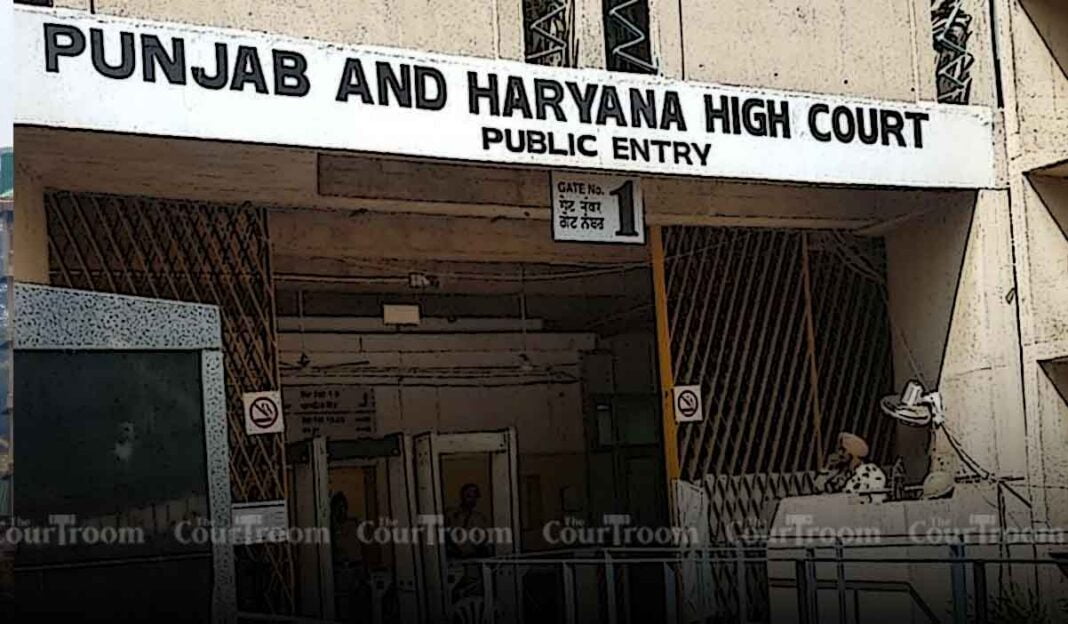New Criminal Laws Enhance Confidence in Justice System
The Punjab and Haryana High Court recently highlighted the significance of new criminal laws in enhancing the Indian justice system, while also acknowledging potential challenges for those familiar with the old legal framework.
Justice Sumeet Goel emphasized that the enforcement of the Bharatiya Nagarik Suraksha Sanhita (BNSS), the Bharatiya Nyaya Sanhita (BNS), and the Bharatiya Sakshya Adhiniyam (BSA) represents a critical advancement in India’s judicial administration. He stated:
“The new legislations draw upon Indian Jurisprudence, infusing a renewed confidence in the justice system. The Indian laws have now been unburdened of colonial and imperial remnants, which were causing a slow and sure attrition upon the confidence of the Indian Justice System and impeding the actualization of its full potential.”
However, Justice Goel acknowledged that those well-versed in the old criminal laws and procedures might face difficulties adapting to the changes. He urged legal professionals to embrace these new legislations positively:
“Instead of giving way to cognitive dissonance and a tendency to fortify against changes, the spirit of the time demands veritable engagement with these new legislations.”
Justice Goel expressed optimism about the new laws’ potential to enhance prosecution processes and achieve a balance between the State, victims, and the accused. He stated that these laws would strengthen deterrence, justice, and the process of justice itself.
These observations were made while addressing a petition seeking the quashing of a First Information Report (FIR). The State challenged the petition’s maintainability since it was filed on July 3 under the Code of Criminal Procedure (CrPC) instead of the BNSS, which came into effect on July 1.
The Court analyzed the BNSS provisions and concluded that the CrPC immediately ceased to be valid when the new criminal procedure came into force. Justice Goel noted:
“The earlier procedural statute, namely CrPC, 1973, is wiped off the statute book and resultantly pales into insignificance except to the extent it is preserved by the repealing and savings clause contained in Section 531 of BNSS.”
The Court reached several key conclusions:
– Any appeal/application/revision/petition filed on or after July 1, 2024, under the CrPC, 1973, is non-maintainable and deserves dismissal/rejection.
– If any appeal/application/revision/petition filed up to June 30, 2024, has a defect and the defect is cured/removed on or after July 1, it will be deemed to have been validly filed on or after July 1 and thus be non-maintainable.
– Section 531 of BNSS applies to “revision,” “petition,” and “petition of complaint” (complaint before a magistrate) with the same force as it does to “appeal/application/trial/inquiry or investigation.”
Given these findings, the Court deemed the present petition filed under the CrPC to be non-maintainable and subsequently rejected it.
Advocate Ujwal Anand represented the petitioner, while Public Prosecutor Manish Bansal, Advocate Shubham Mangla, and Advocate Diksha Sharma represented the Union Territory of Chandigarh.
Share your news, articles, deals, columns, or press releases with us! Click the link to submit and join our platform today.


